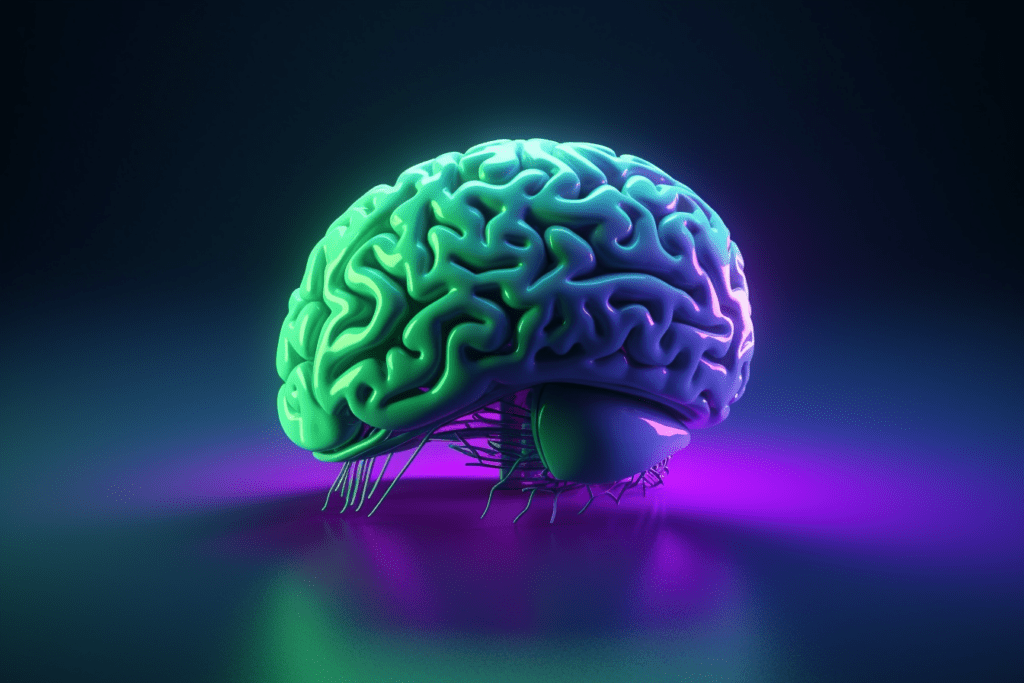The popularity of audio content, such as podcasts and audiobooks, has grown in recent years, captivating listeners with engaging stories and unique experiences. But what makes audio content so effective at creating an emotional connection with its audience? In this blog post, we will delve into the psychological factors that contribute to the power of audio content to create emotional bonds with listeners.
The Biology of Human Brain and Audio Processing
Our brains are naturally wired to process and respond to auditory stimuli. The auditory cortex, located in the temporal lobe, is responsible for processing sounds, including speech and music. This region of the brain is closely connected to the limbic system, which is responsible for emotions, memory, and motivation. The interaction between these brain regions allows audio content to evoke strong emotional reactions and create lasting impressions on listeners.
The Power of the Human Voice
The human voice carries unique qualities that make it a potent emotional catalyst. Tone, pitch, and inflection all contribute to conveying emotions, and listeners are sensitive to these little distinctions. A speaker’s vocal qualities can generate empathy, curiosity, excitement, or even trust. These emotional connections can be further reinforced by the content and storytelling, amplifying the impact of the audio experience.

The Role of Soundscapes and Background Music
Soundscapes and background music play a significant role in shaping the emotional landscape of audio content. They can create a mood or atmosphere that transports listeners into the world of the narrative. For instance, suspenseful music can induce tension, while soothing melodies evoke a sense of calm. By carefully selecting background audio, creators can heighten the emotional impact of their content and further enhance the experience for listeners.
The Effect of Audio on Memory and Recall
Emotionally charged audio content can enhance memory formation and retrieval. Research has shown that emotional experiences are more likely to be remembered due to their connection to the amygdala, a brain structure involved in processing emotions. By making emotional connections through audio content, creators can not only captivate their audience but also improve their listeners’ ability to recall the information being shared.
The Power of Empathy and Shared Experiences
Audio content often fosters empathy and a sense of shared experience between the speaker and the listener. This connection is particularly powerful when speakers share their personal stories or insights. Authentic and relatable content creates a bond with listeners, who may feel understood, validated, or inspired by the speaker’s experiences. This emotional connection encourages listeners to engage more deeply with the content and reinforces their loyalty to the speaker or the brand.

Practical Applications for Businesses and Podcasters
The psychology of audio can help businesses and podcasters create emotional connections with their audiences. Consider the following best practices:
- Prioritize authentic and emotionally resonant storytelling to evoke empathy and foster shared experiences.
- Utilize tone, pitch, and inflection to convey emotions and complement the content.
- Design soundscapes and background music to enhance the mood and atmosphere, compelling listeners in the narrative.
- Use emotionally charged content to improve memory and recall, ensuring your message leaves a long lasting impression on your audience.
Conclusion
Understanding the psychology behind audio’s emotional impact is crucial for creating compelling and engaging content. By harnessing the power of the human voice, sound design, memory, and empathy, audio creators can forge lasting emotional connections with their audience. Whether you’re a business owner, a podcaster, or simply an audio enthusiast, consider exploring the potential of audio content to deepen the emotional bonds between you and your listeners.





